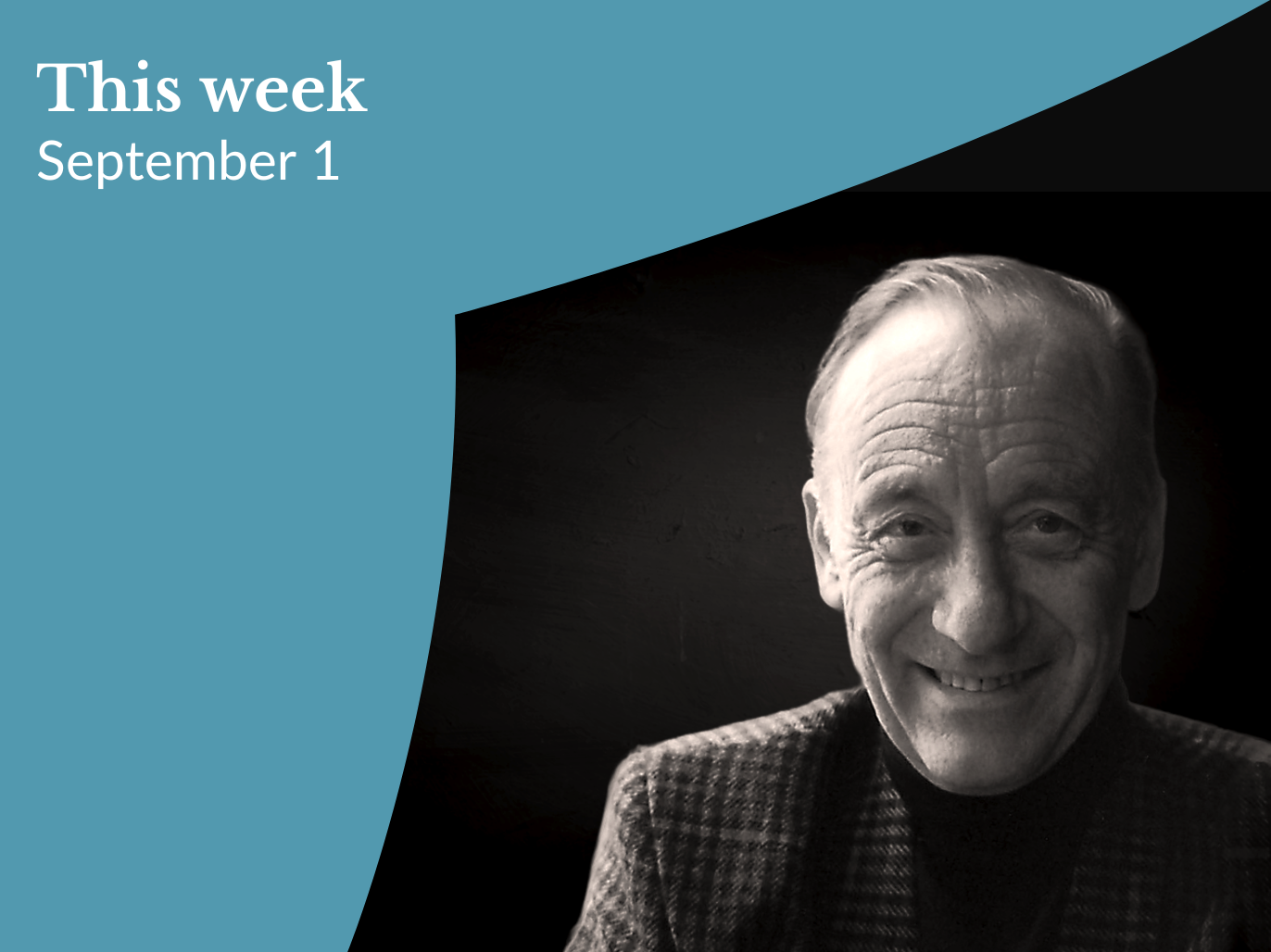As medici.tv’s Chief Content Officer I spend a lot of time thinking about classical music—and a lot of time on the internet. I’m back from vacation with a slightly longer list for you this week—lots of fantastic journalism and media to catch up on!
View author's page
Reading time estimated : 6 min
Composer Rodion Shchedrin dies at 92 (The Guardian)
Renowned Russian composer Rodion Shchedrin, celebrated for masterpieces like Carmen Suite and the ballet Anna Karenina, passed away on 29 August 2025 in Munich, Germany, at age 92. As this obituary in The Guardian describes, Shchedrin was a towering figure in Soviet and Russian music and his work combined folk traditions with avant-garde flair. Married to legendary ballerina Maya Plisetskaya, he also held leadership roles such as President of the Union of Composers of Russia, succeeding Shostakovich. His death is mourned as a profound loss for global musical culture.
Here’s Shchedrin performing his very own Hommage à Chopin for four pianos in the 1980s alongside Nicolas Economou, Paul Gulda, and Chick Corea.
When composers tell performers how to be rather than what to do (NYT)
I loved Corinna da Fonseca-Wolheim’s thoughtful reflection on written musical directions in classical music, which often move beyond concrete instructions on how to play a piece to indications meant to shape a performer’s mindset. This kind of paratext can range from a handful of words (like Crumb’s “very lonely, timeless and vast”) to more involved descriptions (like Thorsvaldottir’s “When you see a long sustained pitch, think of it as a fragile flower that you need to carry in your hands and walk the distance on a thin rope without dropping it or falling.”). Fonseca-Wolheim interviews composers, performers, and musicologists to explore the role of these emotional and philosophical cues. It’s a great reminder that music is not just execution but expression, too.
A pair of Proms headliners withdraw for medical reasons (The Strad & The Violin Channel)
A few big name cancellations to report at the tail end of the busy summer festival season. First, violinist Hilary Hahn has withdrawn from all her summer engagements—including the BBC Proms—due to ongoing issues tied to a double pinched nerve injury last year. At the advice of her medical team, Hahn will rest through the summer and is aiming to return to performing in September. Moving to the podium: Sir Simon Rattle withdrew from scheduled performances at the Proms due to routine surgery. He has been replaced by Ryan Bancroft and Jonathon Heyward for these performances.
The postcard-sized Chopin manuscript unearthed in DC last year (Instagram)
I really enjoyed this Instagram Reel from the Morgan Library & Museum on a tiny, unsigned Chopin score found in the archives last year. Curator Robinson McClellan walks us through the process of finding, authenticating, and dating the score, and puts the piece into historical context. I particularly enjoyed learning about Chopin’s habit of gifting postcard-sized scores to the prestigious clients who hosted them!
The trailer for the new Celibidache film coming this November (YouTube)
Next up in the recent wave of feature films about conductors is The Yellow Tie, a biopic on Romanian conductor Sergiu Celibidache. The film spans multiple decades and has multiple actors play Celibidache, including Hollywood great (and classical music lover!) John Malkovich. Check out the trailer here.
Joshua Bell’s TED Talk: 300 years of classical music in 18 minutes (TED)
Earlier this spring, acclaimed violinist Joshua Bell and the newly-formed ensemble, the Chamber Orchestra of America, took the stage at the 2025 TED Talks event in Vancouver, B.C. The full talk—which features multiple live musical performances—has just been published and it is a great watch. Bell is a natural at public speaking and his passion for classical music comes shining through in this clarion call for the importance of youth orchestra programs, which he hopes will be just as common as little league baseball one day.
Cecilia Bartoli’s boundless energy and infinite patience (NYT)
“Cecilia Bartoli would be back at the ballet in a moment. She just needed to get murdered first.” Thus begins a fantastic profile of superstar mezzo-soprano Cecilia Bartoli in The New York Times. In addition to running through her impressive CV (which now includes multiple leadership positions in Salzburg and Monte Carlo), we learn more about Bartoli herself, from her fear of flying to her tip for making the best ragù.

